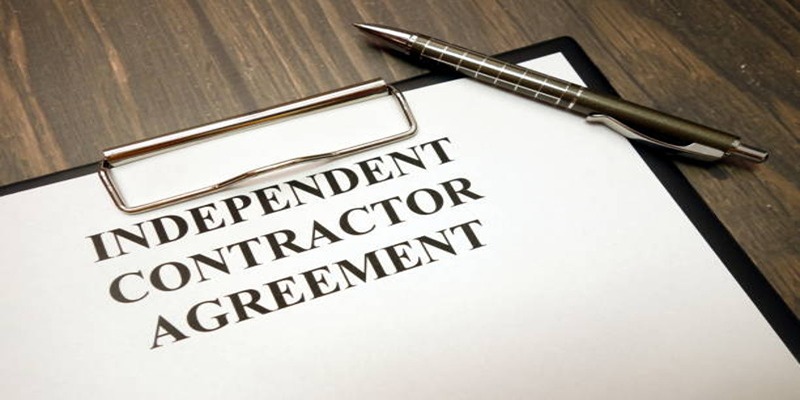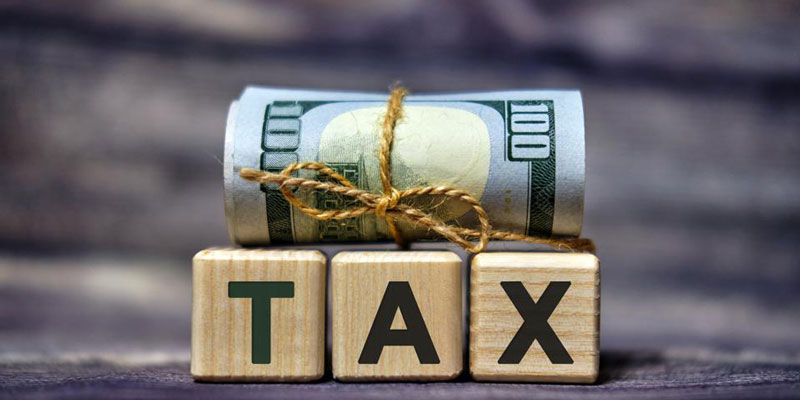Many people think about taking Retirement early than the expected time. Many factors can contribute to this decision. It may include health issues, working privately to get extra income, problems at the workplace, or just wanting some leisure time with their family.
However, few are curious about the drawbacks of getting early Retirement. In this post, you will find the impact of early Retirement on social security benefits and how you can get the best out of your retirement income.
What Is The Age Of Retirement?
The retirement age is 66 if you were born between 1943 and 1954, but if you were born after 1955, the retirement age would increase to 67. According to the original Social Security Act 1935, the minimum age to get full social security benefits is 65.
The retirement age is different for every country and depends on many factors like life expectancy. The countries with greater life expectancy have greater ages for Retirement. In some countries, you can also get Retirement with full benefits as early as the age of 60 years.
What Is Social Security And How Does It Works?
Social Security benefits are the payment given to the person who gets Retirement after completing 10 years of service in any government Institute. If you get Retirement before completing 10 years, you will not be able to get any social security benefits.
Social security benefits are given to people with full retirement age, people with disabilities, qualified children and spouses, and survivors of workers who have died.
When working for a government Institute, you must pay social security taxes before you start working. If born after 1929, you must complete 40 credits to qualify for social security benefits. The benefit you get at the time of Retirement will depend on your income record throughout your service.
What Age Should You Start Receiving Retirement Benefits?

The age you will decide to start receiving retirement benefits depends on your personal preference and your needs. However, there are three ways you can get social security benefits depending on the time of Retirement.
- Early Retirement: You can get early Retirement, but the social security benefit will reduce in this case. You can still get benefits as early as the age of 62 years.
- Full Retirement: At the age of 66, you will become eligible for the full retirement benefit. There will be no reduction or increase in your social security benefits payment.
- Delayed Retirement: You can wait up to the age of 70 years until you receive the benefits of social security. In this case, your monthly payment will continue to increase until you become 70 years old. After that, you will get more amount every month.
Effects Of Getting Early Retirement On Social Security Benefits
One most visible advantage of early Retirement is that you will start receiving the amount you have been paying the government since you started your job. If you live more, you will be able to get more money from the government over the years.
Still, if your life ends soon after Retirement, you will be at a loss. Another downside of getting early Retirement is that you will face a reduction of 20 to 30 percent in your monthly payment.
Early Retirement can also be a great disadvantage for your dependents, including spouses, minor children, and adult children with disabilities. If your child or any other dependent is already getting government benefits based on income and assets, then getting an early retirement will impact it negatively.
Get social security benefits at the full age of Retirement. Your dependents with disabilities will be eligible for 60 percent of the total amount. Still, it will be reduced if you get early Retirement. Thinking properly and getting professional advice before deciding on Retirement is always important.
Other Factors That Affect Social Security Benefits
Continue The Work
You can continue the work after Retirement if you think you can work properly. Every year you work extra for the government, it will add another year of earnings to your social security records. The more you have, the more you will receive social security benefits.
Different Rules For Some Jobs

Although the social security amount calculation is the same for most jobs available for USA workers, some jobs have different criteria for social security benefits. Their earnings include military service, household employment, farm work, self-employment, railroad earnings, and federal government employment.
Pension Related Factors
Pension and taxes have a great impact on social security benefits. Following are some points you should consider before calculating your social security benefits:
- Suppose you are not paying social security taxes throughout your job after receiving a pension. In that case, your social security benefits will be reduced.
- Not paying social security taxes would also affect the amount your dependent will receive after your death or disability.
- You may have to pay federal income taxes on your social security benefits in some conditions.
How Can Part Time Job Affect Social Security After Early Retirement?
Some people will retire early and start working part-time or full-time jobs to meet their expenses. Getting a part-time job after taking early Retirement will reduce the social security benefits.
If your annual income exceeds a certain limit, some money will be deducted from your social security amount. However, all the amount government will hold due to your part-time job will be received by you once you reach your full retirement age.
Conclusion
Not everyone plans to get Retirement early, but some people have plans for early Retirement. Those people should consider all the factors that can affect retirement benefits. It is beneficial if you wait to reach your full retirement age so that you can receive larger social security benefits.




